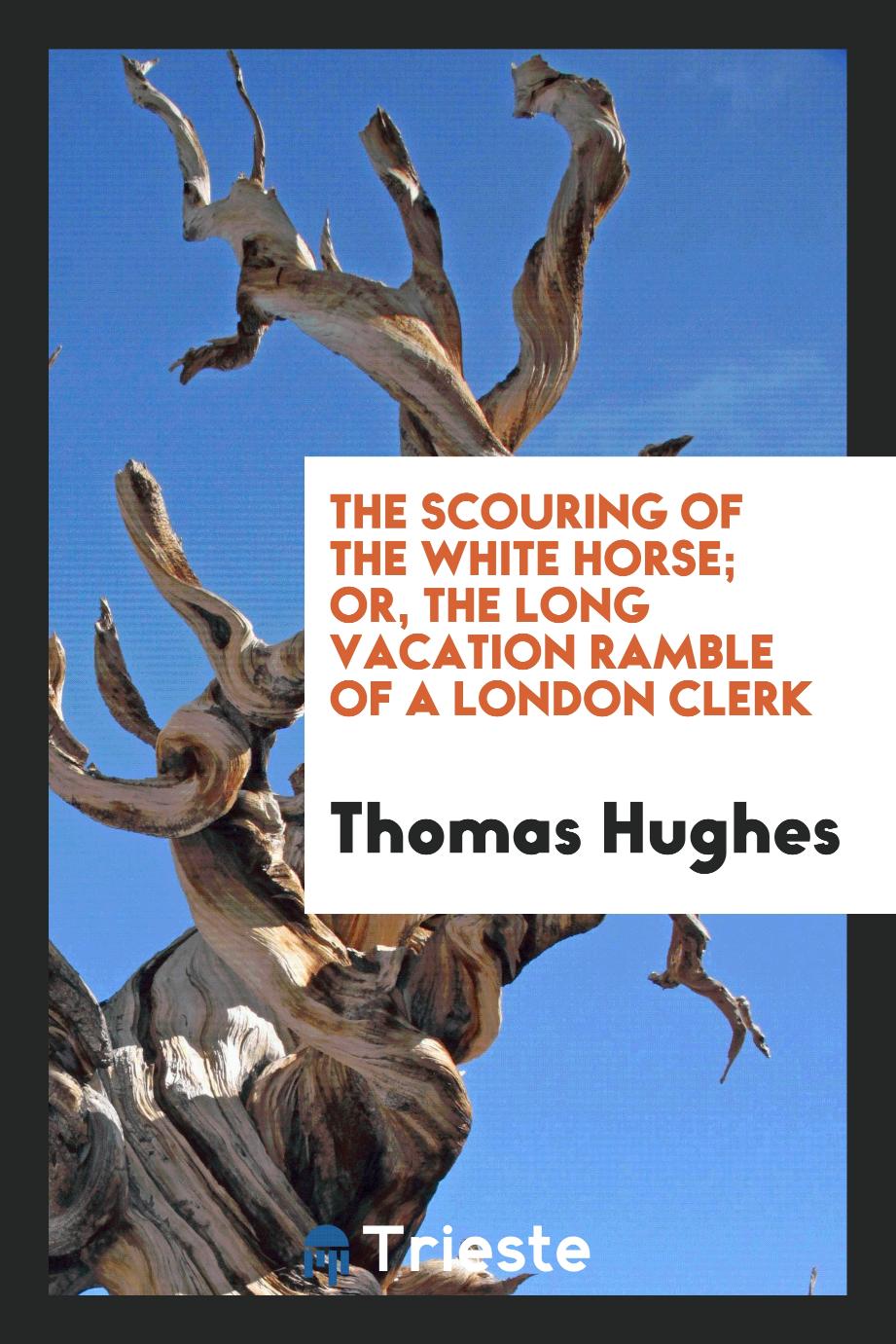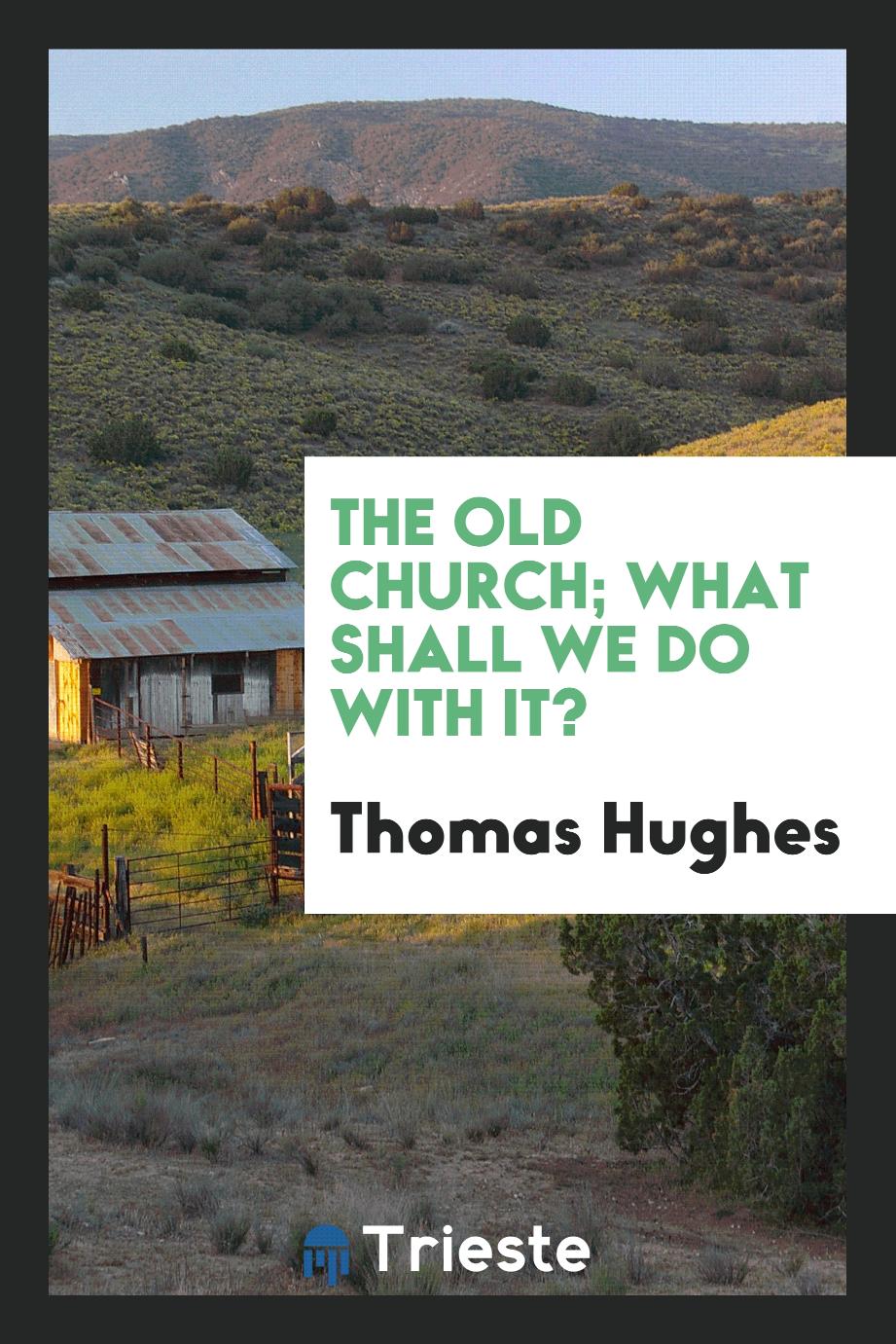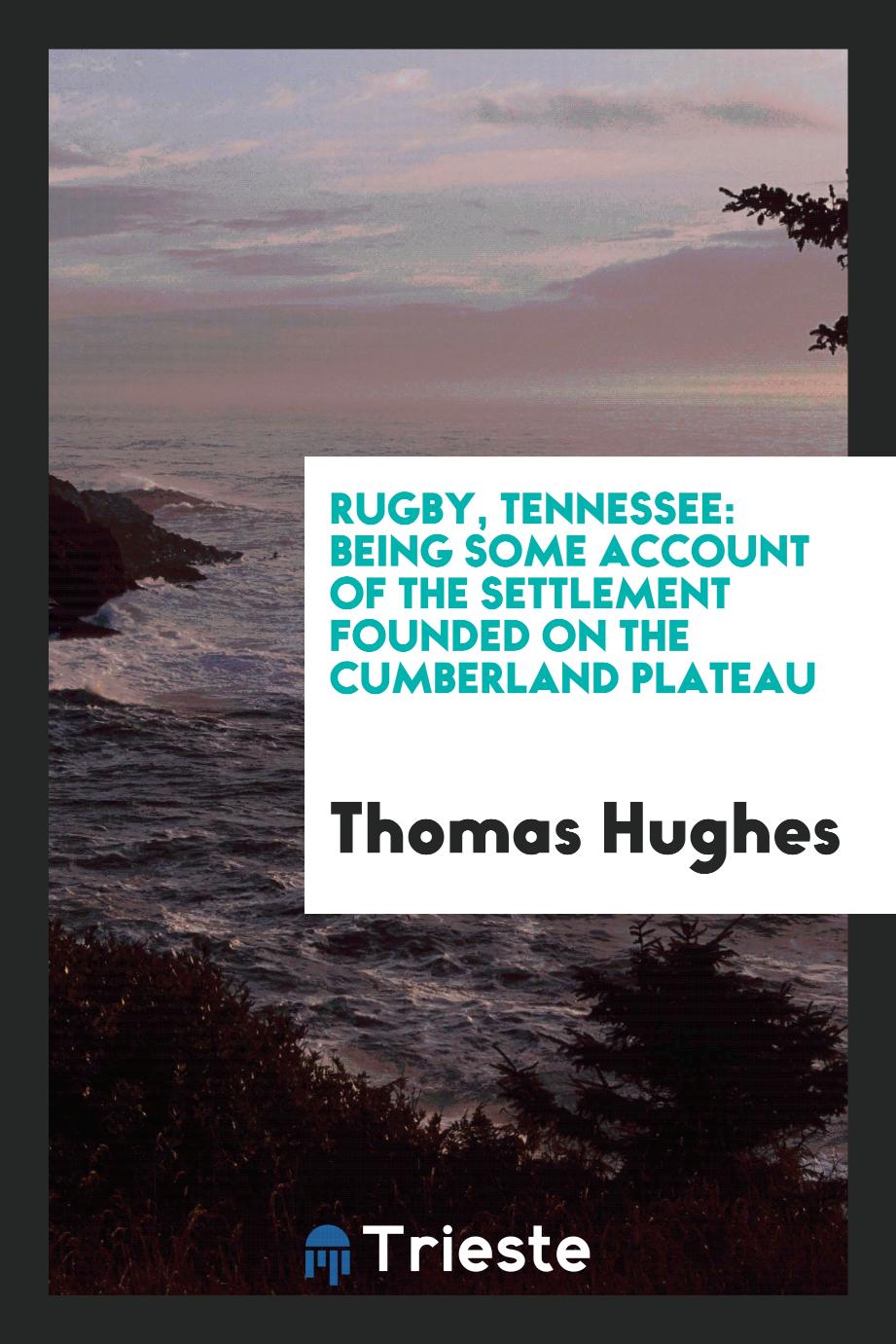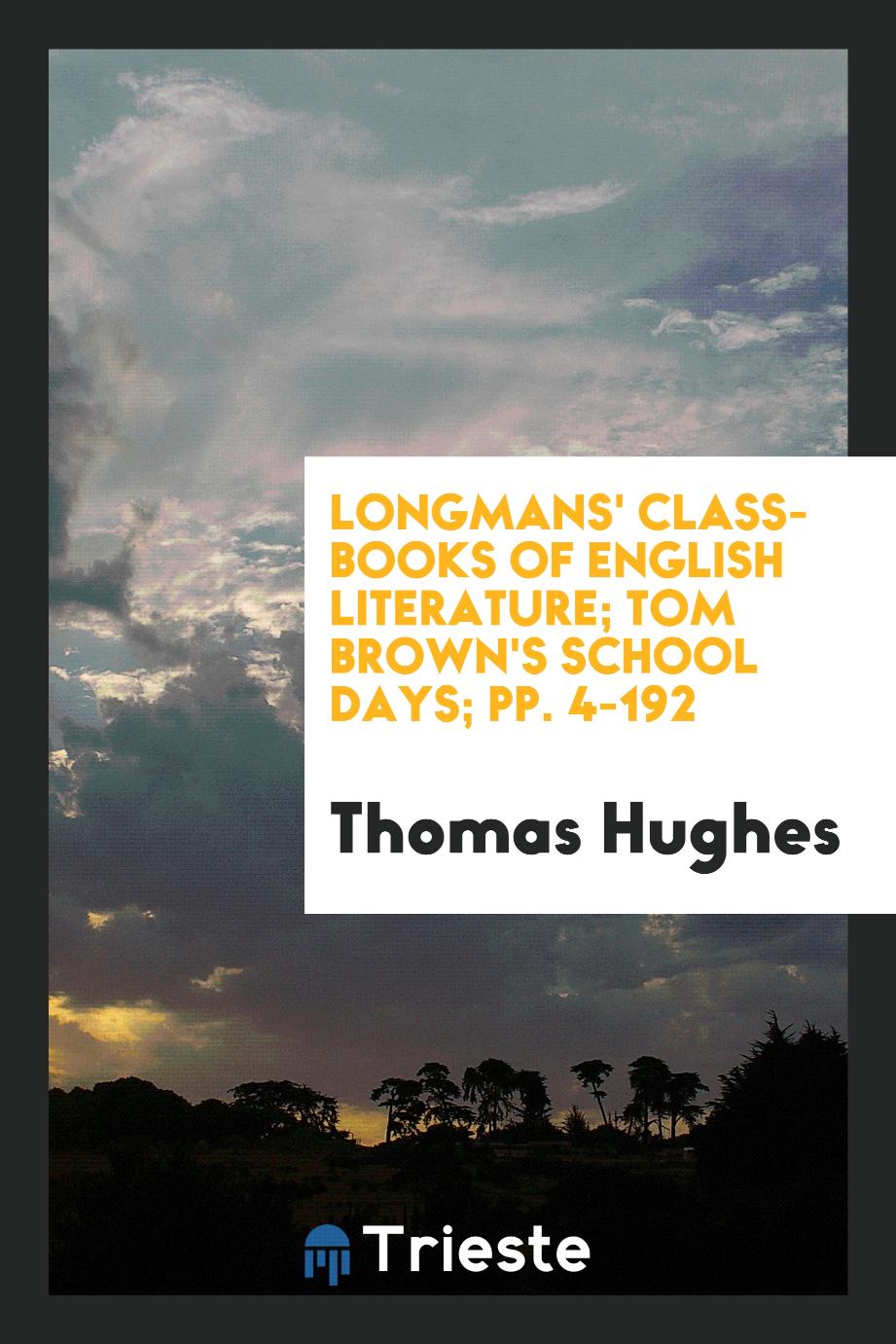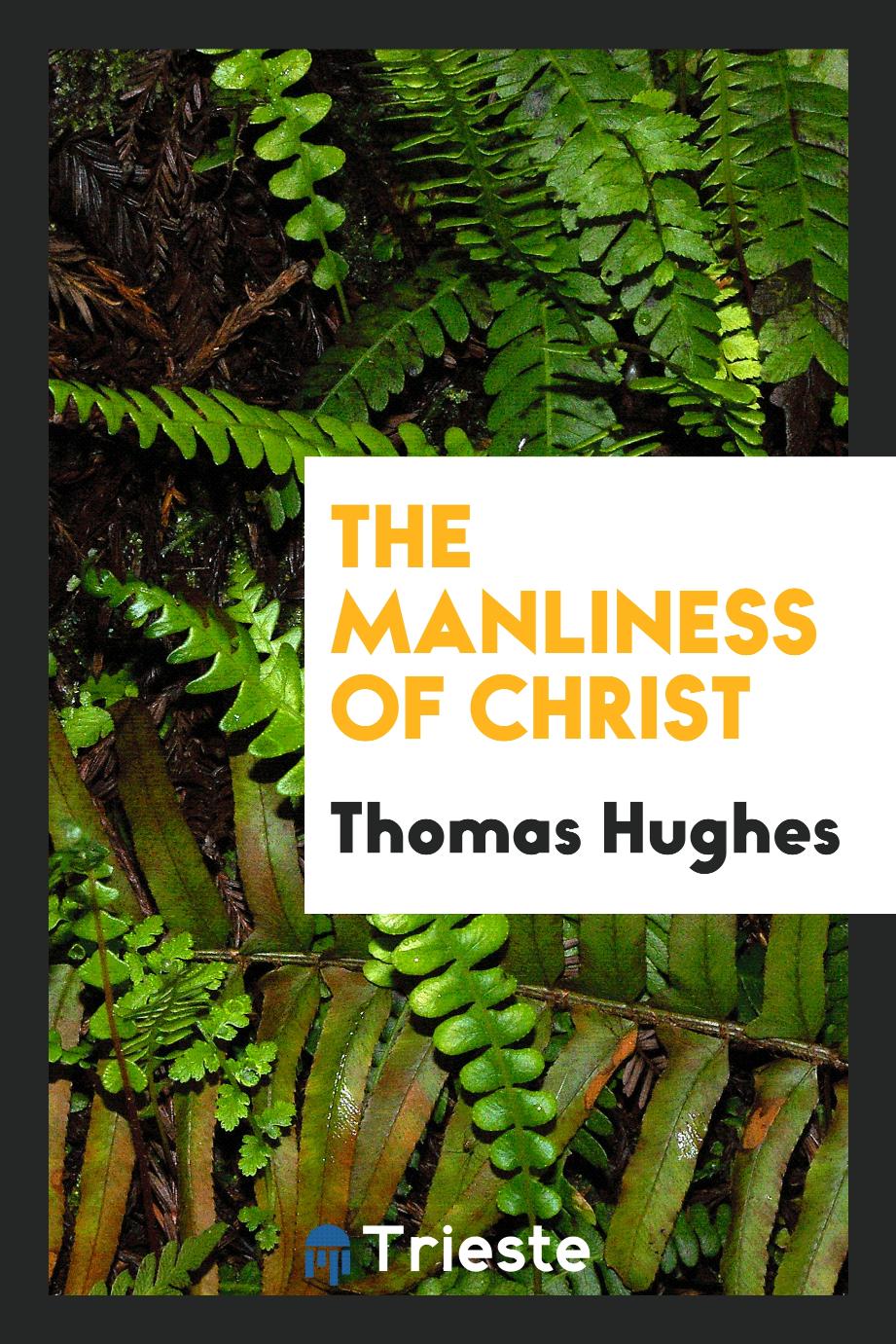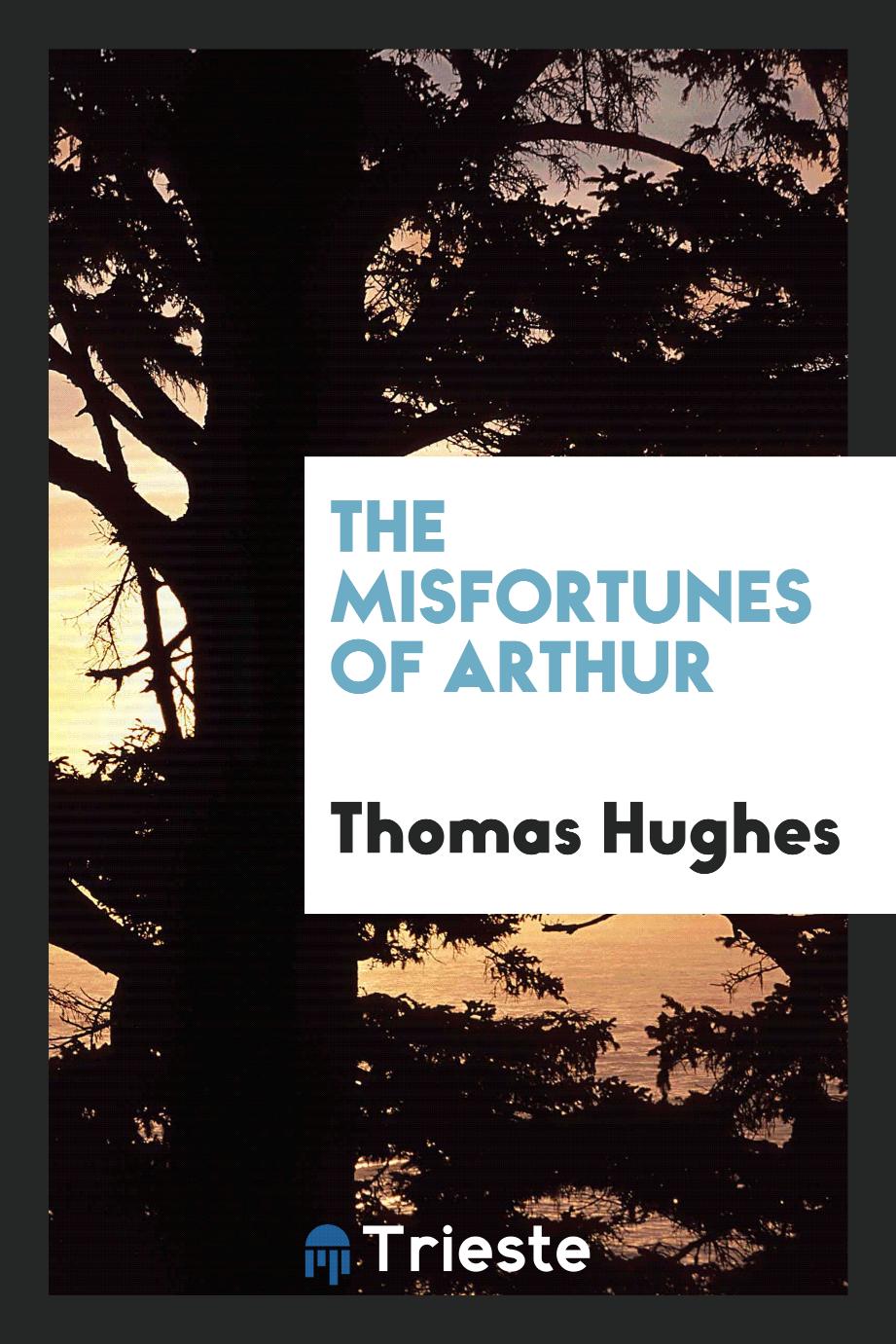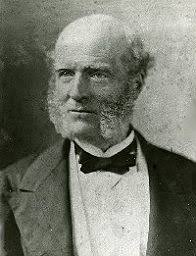
Thomas Hughes
Thomas Hughes (20 October 1822 - 22 March 1896) was an English lawyer, judge, politician and author. He is most famous for his novel Tom Brown's School Days (1857), a semi-autobiographical work set at Rugby School, which Hughes had attended. It had a lesser-known sequel, Tom Brown at Oxford (1861). Hughes had numerous other interests, in particular as a Member of Parliament, in the British co-operative movement, and in a settlement in Tennessee, USA, reflecting his values. Hughes was the second son of John Hughes, editor of the Boscobel Tracts (1830) and was born in Uffington, Berkshire (now Oxfordshire). He had six brothers, and one sister, Jane Senior who later became Britain's first female civil servant. At the age of eight he was sent to Twyford School, a preparatory public school near Winchester, where he remained until the age of eleven. In February 1834 he went to Rugby School, which was then under the celebrated Thomas Arnold, a contemporary of his father at Oriel College, Oxford. Hughes excelled at sports rather than in scholarship, and his school career culminated in a cricket match at Lord's Cricket Ground. In 1842 he went on to Oriel College, and graduated B.A. in 1845. At Oxford, he played cricket for the university team in the annual University Match against Cambridge University, also at Lord's, and a match that is still now regarded as first-class cricket. Hughes was called to the bar in 1848, became Queen's Counsel in 1869 and a bencher in 1870. He was appointed to a county court judgeship in the Chester district in July 1882. A committed social reformer, Hughes became involved in the Christian socialism movement led by Frederick Maurice, which he joined in 1848. In January 1854 he was one of the founders of the Working Men's College in Great Ormond Street, and was the College's principal from 1872 to 1883. Hughes gave evidence in 1850 to a House of Commons committee on savings. In so doing he participated in a Christian Socialist initiative, which led shortly to the Industrial and Provident Societies Partnership Act 1852, and the emergence of the industrial and provident society. The Act was the work of Robert Aglionby Slaney, with whom Hughes worked in alliance. Hughes was involved also in the formation of some early trade unions, and helped finance the printing of Liberal publications; and acted as the first President of the Co-operative Congress in 1869, serving on the Co-operative Central Board. He invested with William Romaine Callender in co-operative mills, in 1866.
